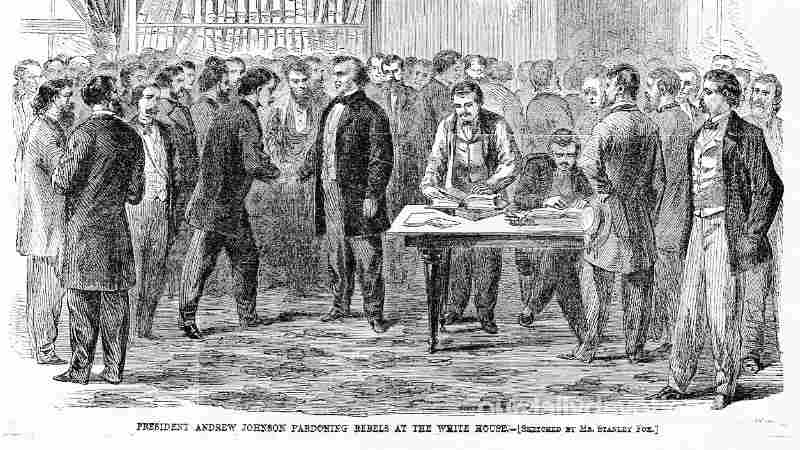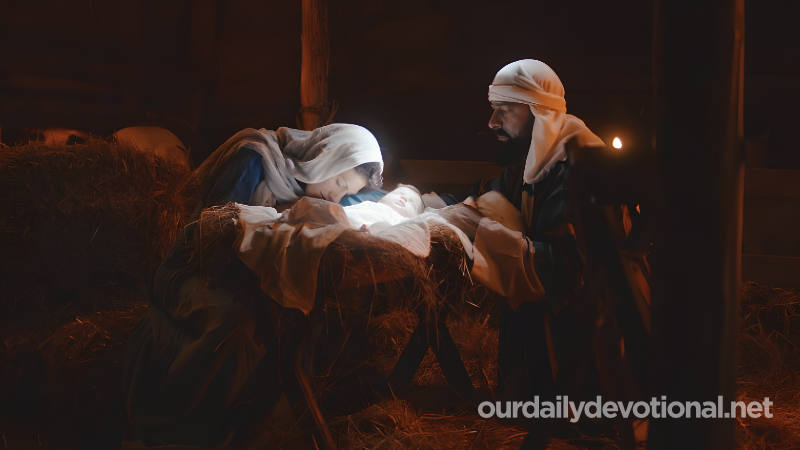Worship of God has been described as "the honor and adoration paid to Him on account of what He is in Himself and what He is to those who give it to Him."
It is assumed that the worshiper has a relationship with God, and that there is a prescribed order of service or worship. The Israelites had been redeemed from Egypt by God, and therefore, as a redeemed people they could come to the place designated by Him to worship in accordance with His instructions.
Thus, the psalmist says: “Come, let us shout joyfully to Jehovah; let us sing with joy to the rock of our salvation... For Jehovah is a great God, and a great King over all gods... Come, let us worship and bow down; let us kneel before Jehovah our Maker. Because He is our God; we are the people of his pasture, and the flock of his hand” (Ps. 95: 1-7).
In OT times worshipers could not enter the divine sanctuary. They could only enter the courtyard outside it. Even the high priest could only enter the most holy place only once a year, with blood.
For the rest, the priests themselves were limited to the sanctuary, unable to pass through the veil. All this has changed now. The redemption has been accomplished, the veil has been torn from top to bottom, God has opened wide the access to Him, and the worshipers, as priests, are free to enter the most holy place.
God has been revealed in the counsels of his love as a Father, and the Holy Spirit has been given. Therefore, the language of the Psalms is no longer adequate to give expression to Christian worship, due to the intimate relationship into which the believer has been brought. In the millennium, "the people" will not have access in this same sense. The true figure for the Christian attitude is that of the priest, not that of the people.
Those who worship God must worship Him in spirit and truth, and the Father seeks such as will worship Him (John 4:24). Their delight is in what He is. They rejoice in God, and love Him, glorifying in Him (Rom. 5:11).
Worshiping “in spirit” means worshiping according to the true nature of God, and in the power of communion given by the Holy Spirit. Therefore, it is in contrast to worship consisting of forms and ceremonies, and to the religiosity of which the flesh is capable.
To worship “in truth” means to worship God according to the revelation that He has graciously given of Himself. Therefore, "now" would not be truly worshiping God to worship Him "simply" as "Great God," "our Maker," and "Great King above all gods," as in Ps. 95.
All this is true of Him. But He has been pleased to reveal Himself under another character to His people, as Father. Thus they enter into his presence with a filial spirit, and with the consciousness of the love that has given them a place before Him in Christ, as
children according to his good will.
The consciousness of this love, and of God's good will to have us before Him in Christ, is then the source from which our worship as Christians arises.
The Father and the Son are known, it being the Father's will that all honor the Son as the revealer of the source of love, and the Son leads the hearts of many children to the knowledge of the Father's love. Thus, worship is distinguished from praise and thanksgiving: it is homage paid by love (Rom. 8:15), and poured out to the Father and the Son, led in it by the Holy Spirit.
Meaning of WORSHIP
Worship of God has been described as "the honor and adoration paid to Him on account of what He is in Himself and what He is to those who give it to Him."







